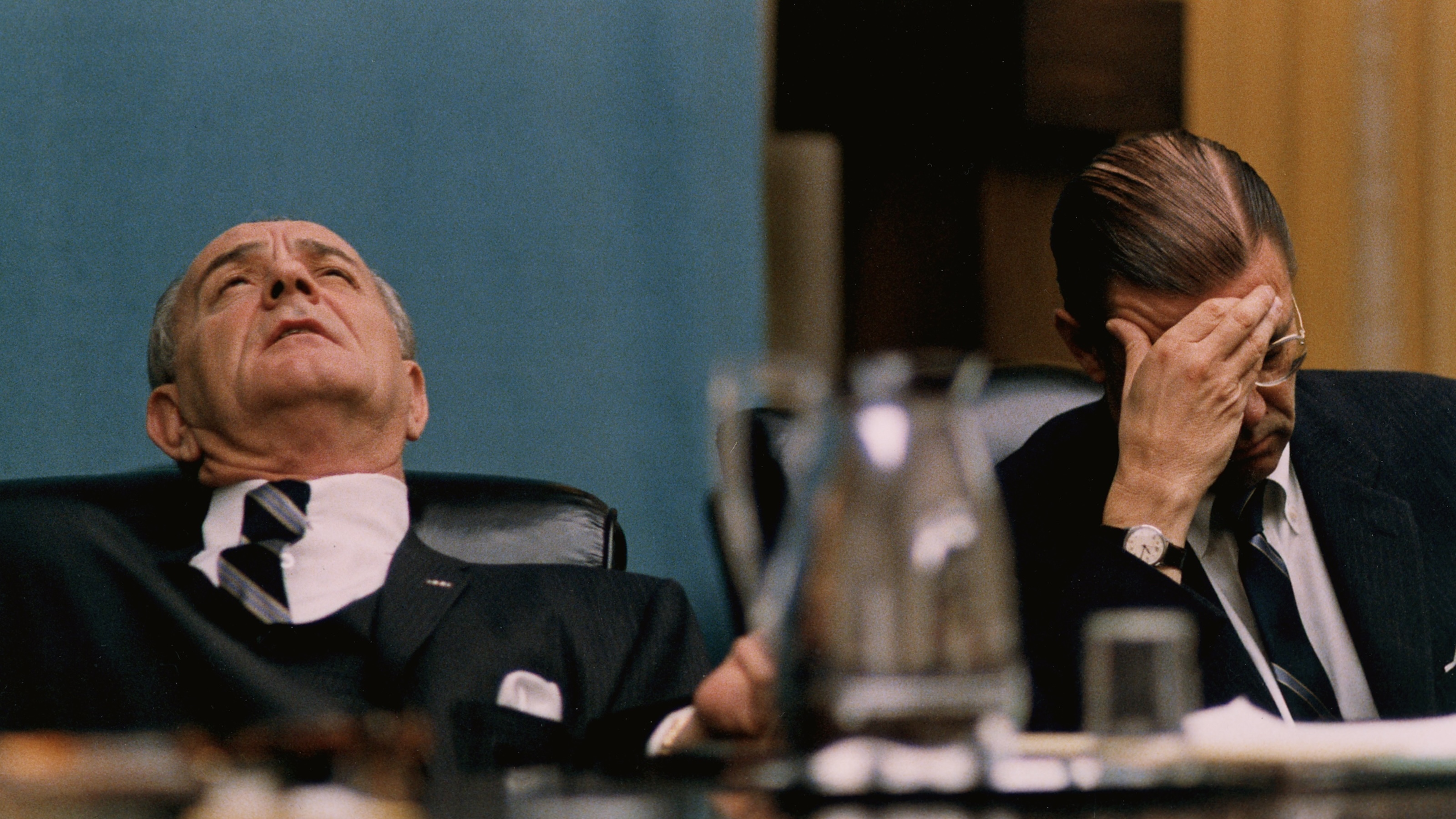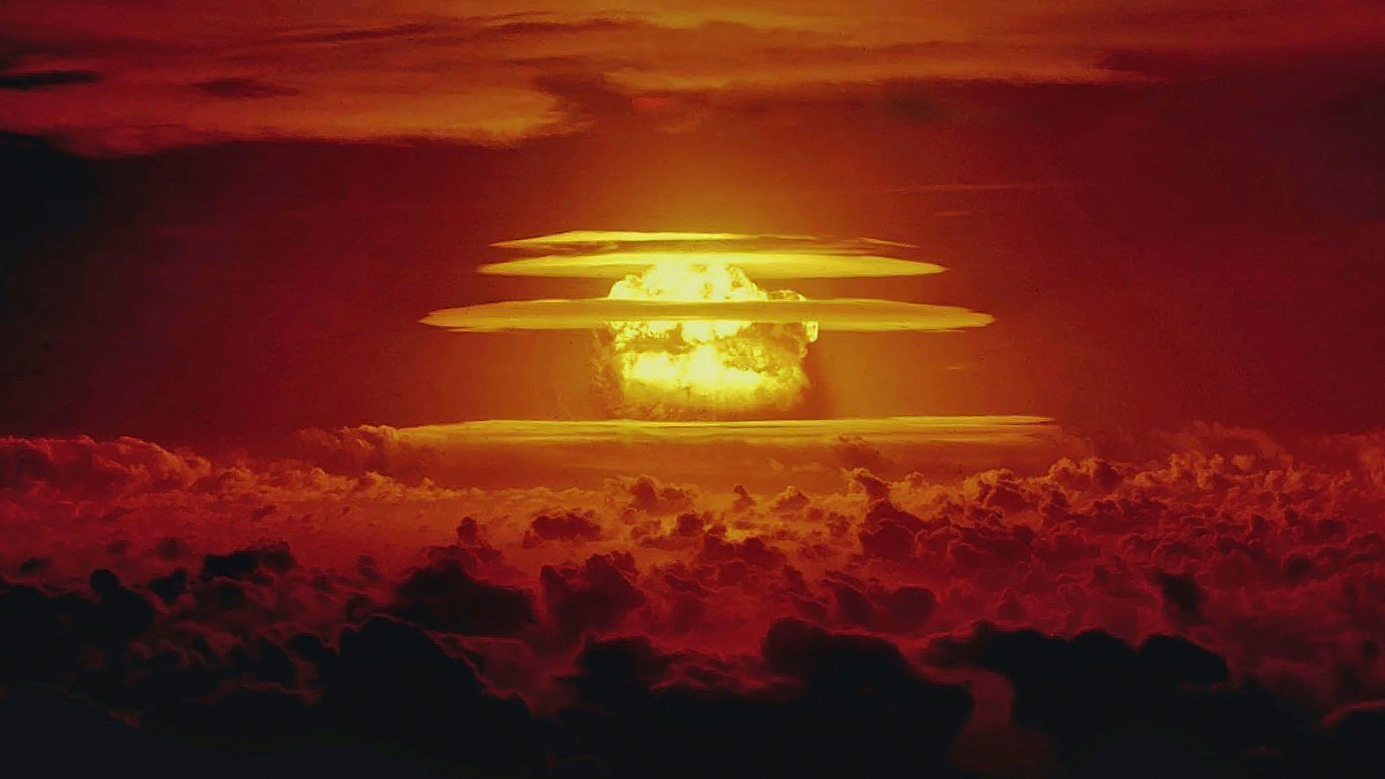Going from mass graves to the Love Parade was disorienting for Kurt Pitzer.
Question: Is it difficult to return home from conflict zones?
Pitzer: Yeah. There’s definitely a whiplash sensation that happens when you’re out covering conflicts that you’d go, and it can go through weeks or months, going and living in refugee camps and living in areas that are torn apart and hiding out with militants, and, you know, coming across mass graves and bodies and the smell of death and the dirtiness and the constant nerve jangling fear of being shot at, you know, while you’re being shot at, and… And then, suddenly, you leave. And unlike the people who are left in those places, you get on a plane and find yourself sipping a margarita by the Mediterranean. Or, there was one time I went from the Balkans, literally straight out of Kosovo after it had been months, and one day, it was in a mass grave site, and that evening was in Berlin, helping to film something for some friends about the love parade, and it was up on this float with these giant speakers and these dancing ravers, and the sea of kind of green haired techno European ravers, all sort of, you know, clamoring up at me, like, I felt like some sort of weird returning, you know, working, and was completely unable to do my job, if you can imagine. And it’s like that, you know. You come back from a war zone and suddenly you’re in a cocktail party and someone says, “How’s Afghanistan?” and you can find yourself in a complete loss for words. And that’s why I think it’s therapeutic sometimes to try to write it down.





